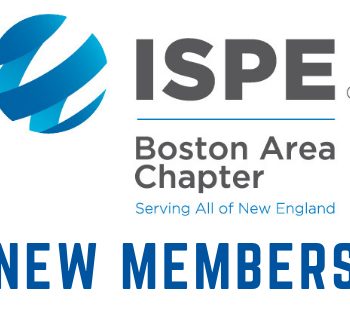
CRISPR Engineered to Edit RNA in Human Cells
- Posted by ISPE Boston
- On November 7, 2017
The Broad Institute and MIT scientists who first harnessed CRISPR for mammalian genome editing have engineered a new molecular system for efficiently editing RNA in human cells. RNA editing, which can alter gene products without making changes to the genome, has profound potential as a tool for both research and disease treatment.
In a paper published in Science, senior author Feng Zhang and his team describe the new CRISPR-based system, called RNA Editing for Programmable A to I Replacement, or “REPAIR.” The system can change single RNA nucleotides in mammalian cells in a programmable and precise fashion. REPAIR has the ability to reverse disease-causing mutations at the RNA level, as well as other potential therapeutic and basic science applications.
“The ability to correct disease-causing mutations is one of the primary goals of genome editing,” said Zhang, a core institute member at the Broad Institute, investigator at the McGovern Institute for Brain Research at MIT, and the James and Patricia Poitras Professor in Neuroscience at MIT. “So far, we’ve gotten very good at inactivating genes, but actually recovering lost protein function is much more challenging. This new ability to edit RNA opens up more potential opportunities to recover that function and treat many diseases, in almost any kind of cell.”
REPAIR has the ability to target individual RNA letters, or nucleosides, switching adenosines to inosines (read as guanosines by the cell). These letters are involved in single-base changes known to regularly cause disease in humans. In human disease, a mutation from G to A is extremely common; these alterations have been implicated in, for example, cases of focal epilepsy, Duchenne muscular dystrophy, and Parkinson’s disease. REPAIR has the ability to reverse the impact of any pathogenic G-to-A mutation regardless of its surrounding nucleotide sequence, with the potential to operate in any cell type.
Unlike the permanent changes to the genome required for DNA editing, RNA editing offers a safer, more flexible way to make corrections in the cell. “REPAIR can fix mutations without tampering with the genome, and because RNA naturally degrades, it’s a potentially reversible fix,” explained co-first author David Cox, a graduate student in Zhang’s lab.
To demonstrate REPAIR’s therapeutic potential, the team synthesized the pathogenic mutations that cause Fanconi anemia and X-linked nephrogenic diabetes insipidus, introduced them into human cells, and successfully corrected these mutations at the RNA level.
Zhang, along with the Broad Institute and MIT, plan to share the REPAIR system widely. As with earlier CRISPR tools, the groups will make this technology freely available for academic research via the Zhang lab’s page on the plasmid-sharing website Addgene, through which the Zhang lab has already shared reagents more than 42,000 times with researchers at more than 2,200 labs in 61 countries, accelerating research around the world. (Source: Broad Communications, Broad Institute Website, October 25, 2017)


1 Comment